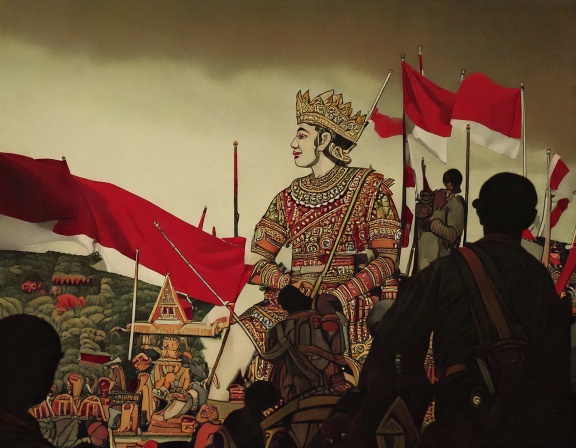Religion and Economy in Indonesia: Intersections of Faith and Development

Indonesia, as a religiously diverse nation, demonstrates a unique intersection between faith and economic development. Religious values and institutions play a significant role in shaping Indonesia’s economic policies, financial systems, and social welfare programs. While the country adheres to Pancasila, which promotes religious pluralism, the economic contributions of Islam, Christianity, Hinduism, Buddhism, and Confucianism are […]
Religion and Politics in Indonesia: A Complex Relationship

Indonesia, the world’s largest Muslim-majority country, has a unique relationship between religion and politics. As a nation founded on the principle of Pancasila, which promotes religious harmony and pluralism, Indonesia maintains a delicate balance between religious influence and state governance. Despite its constitutional commitment to secularism, religious ideologies continue to shape political discourse, policymaking, and […]
Religion and Environmental Law in Southeast Asia: A Socio-Political Perspective

Southeast Asia is home to a rich tapestry of religious traditions, including Islam, Buddhism, Christianity, Hinduism, and indigenous beliefs. These religious frameworks not only shape the spiritual lives of individuals but also influence political, legal, and social structures. One of the most pressing contemporary issues in the region is environmental sustainability, and religious principles often […]

